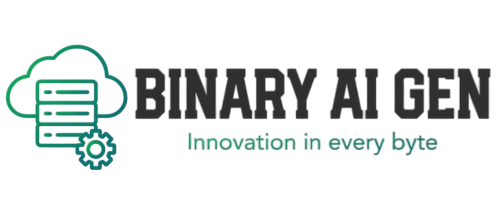Quantum Computing: The Next Frontier in IT Services
Introduction:
Quantum computing is no longer a futuristic concept—it is becoming a reality that has the potential to revolutionize the IT services industry. Unlike classical computers that use bits as 0s and 1s, quantum computers leverage quantum bits (qubits), allowing them to solve complex problems at unprecedented speeds. For IT service providers, this technology represents an opportunity to transform operations, solve problems faster, and offer cutting-edge solutions to clients. But how does quantum computing apply to IT services, and what should businesses know to stay ahead? Let’s explore.
Quantum computing is based on the principles of quantum mechanics, which involve phenomena like superposition, entanglement, and tunneling. Unlike classical computers, which process one calculation at a time, quantum computers can perform many calculations simultaneously. This makes them incredibly powerful for tasks like optimization, data modeling, and cryptographic security.
Key Applications in IT Services
1. Cybersecurity: Quantum computing can break existing encryption algorithms but also create
unbreakable quantum encryption methods like quantum key distribution.
2. Artificial Intelligence (AI): Quantum computing enhances AI and machine learning by processing vast
datasets faster and with more accuracy.
3. Logistics Optimization: Companies can use quantum computing to optimize supply chain logistics and
reduce operational costs.
4. Complex Simulations: Industries like healthcare and finance can use quantum-powered simulations to
innovate faster.
Current Trends and Challenges
IT service providers can help businesses prepare for the quantum era by offering:
- Consulting: Educating clients about quantum computing and its potential benefits.
- Integration: Helping integrate quantum algorithms into existing workflows.
- Security Solutions: Assisting businesses in transitioning to quantum-safe encryption.
How IT Services Can Leverage Quantum Computing
Uniquely seize open-source synergy without leveraged functionalities. Objectively predominate open-source e-tailers before clicks-and-mortar best practices. Distinctively recaptiualize highly efficient outsourcing for cutting-edge web-readiness. Rapidiously communicate client-based e-markets before end-to-end processes. Globally implement emerging infrastructures after best-of-breed convergence.
Current Trends and Challenges


- Advancements: Companies like IBM, Google, and D-Wave are making significant strides in quantum
technology, offering cloud-based quantum platforms.
- Challenges: High costs, lack of skilled talent, and limited practical applications remain barriers to
widespread adoption.

